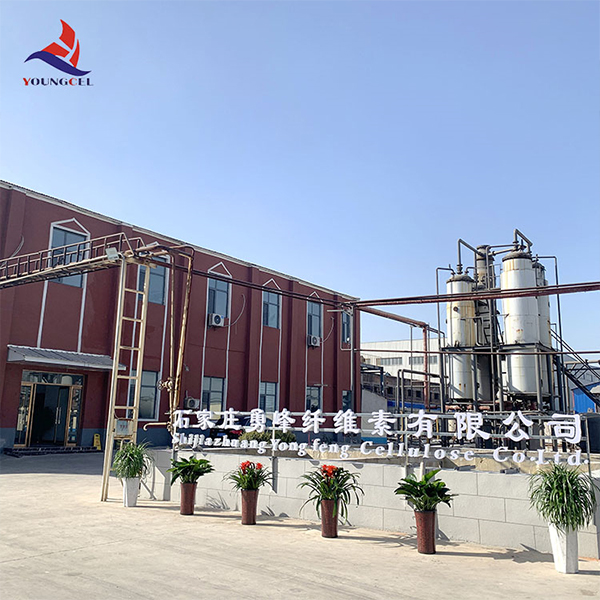The Importance of Cement Additives in Modern Construction
Cement is a fundamental component in construction, playing a pivotal role in creating durable structures. However, the properties of cement alone may not always meet the varying demands of different construction projects. This is where cement additives come into play. These materials enhance the performance of cement, adapting it to specific requirements and environmental conditions.
Cement additives are broadly classified into two categories chemical additives and mineral additives. Chemical additives, such as superplasticizers, retarders, and accelerators, modify the behavior of cement during the mixing and curing processes. Superplasticizers improve workability and reduce water content without compromising strength. Retarders extend the setting time, making them ideal for hot weather conditions, while accelerators speed up the setting time, which is beneficial in cold climates.
cement additives

Mineral additives, including fly ash, slag, and silica fume, contribute to the overall performance of cement by enhancing its properties. Fly ash, a byproduct of coal combustion, not only reduces the carbon footprint of cement production but also improves the long-term strength and durability of concrete. Slag, derived from steel manufacturing, enhances resistance to chemical attacks and increases workability. Silica fume significantly boosts the strength and durability of concrete due to its high pozzolanic activity.
The use of cement additives is particularly crucial in meeting sustainability goals. As the construction industry faces increasing pressures to minimize its environmental impact, cement additives can help reduce the clinker content in cement, thereby lowering carbon emissions. Innovations in additive technology are paving the way for the development of eco-friendly alternatives that maintain performance standards while being gentler on the planet.
In conclusion, cement additives play an essential role in modern construction by improving the performance and sustainability of cement. As the industry continues to evolve, the demand for more advanced cement formulations will increase, making it imperative to invest in research and development of new additives. These innovations will not only enhance the quality of construction materials but also contribute to a more sustainable future for the construction industry overall.




